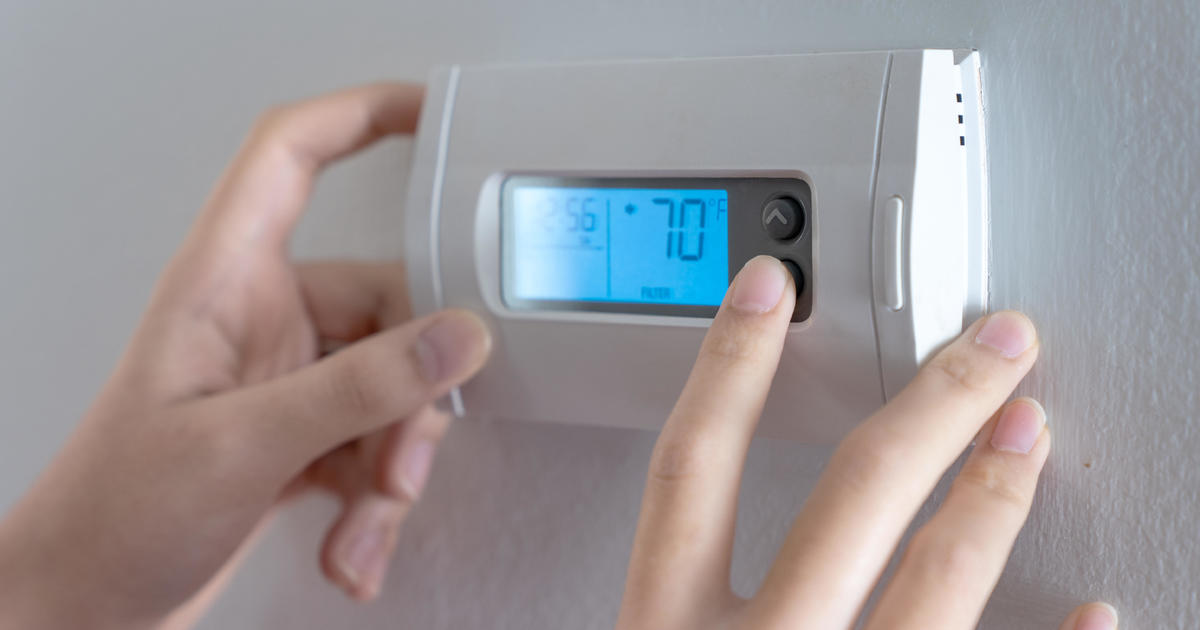Experts share how to make it harder for hackers to steal your passwords
PITTSBURGH (KDKA) -- Millions of AT&T customers learned over the weekend that hackers likely stole their personal data and plan to sell it on the dark web.
It's a massive data breach impacting both current and former customers, but unfortunately, this breach is just the latest of a string of cyberattacks. And no matter if they're large or small, they can still lead to identity theft and massive headaches for consumers.
KDKA-TV's Meghan Schiller talked to two cybersecurity experts about what we should learn from this latest breach.
"If you think about it, the corporation has two jobs. One, they have to do their core business, and two, they have to do cybersecurity. The hackers only have to do one job, and that's hack in," said Dean Drako, the CEO of Eagle Eye Networks.
Drako says the first mistake people make is using the same, oftentimes easy-to-guess, password for everything. He said his tried and true security tip is this:
"I recommend all of my friends, relatives, cousins, nephews, employees, random people I meet to lock their credit reports and log onto the three major credit agencies, and you lock the credit reports. If you don't do that, someone can impersonate you and open up accounts and cause a lot of drama in your life," said Drako.
When a data breach happens, like what we just saw for AT&T customers, it's a problem because hackers can now spread or sell your personal data and if the criminals get one password, they'll quickly try that for all your accounts.
"Once your password is leaked then basically all your accounts are open for people to access. So that's definitely a bad idea. Try to use a different password and use a strong password," said Aime Wei, the CEO of Stellar Cyber.
Aimei Wei with Stellar Cyber recommends a password vault app, like LastPass, that will not only keep track of your passwords but prompt you to change them regularly. Make a tough to crack password and then add one more layer of protection:
"Try to use the multiple steps for verification. For example ... after you enter the password, they ask you to enter a code from your phone," said Wei.
And Drako added any second step, a text message code or another app, can save the day.
"But also, potentially a what's called an authenticator app. I strongly recommend all of those because they protect you, even in the case of someone getting your password," said Drako.




